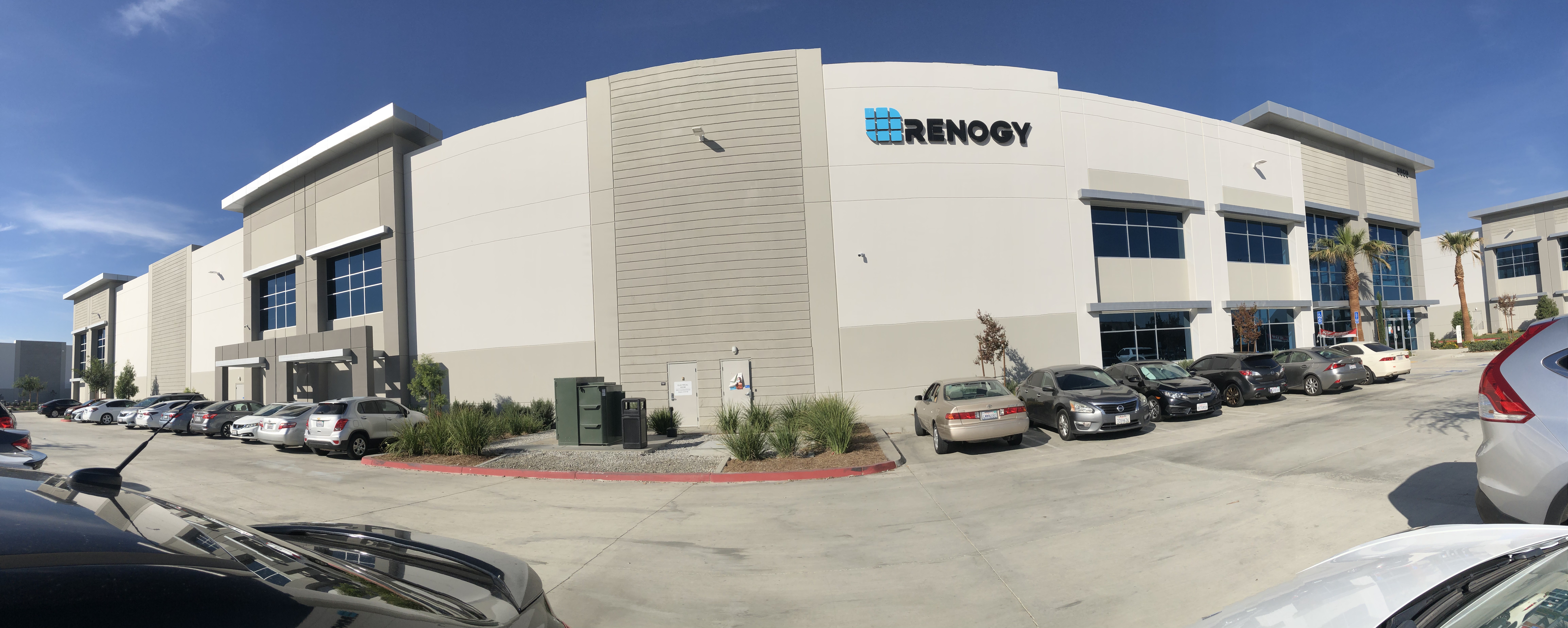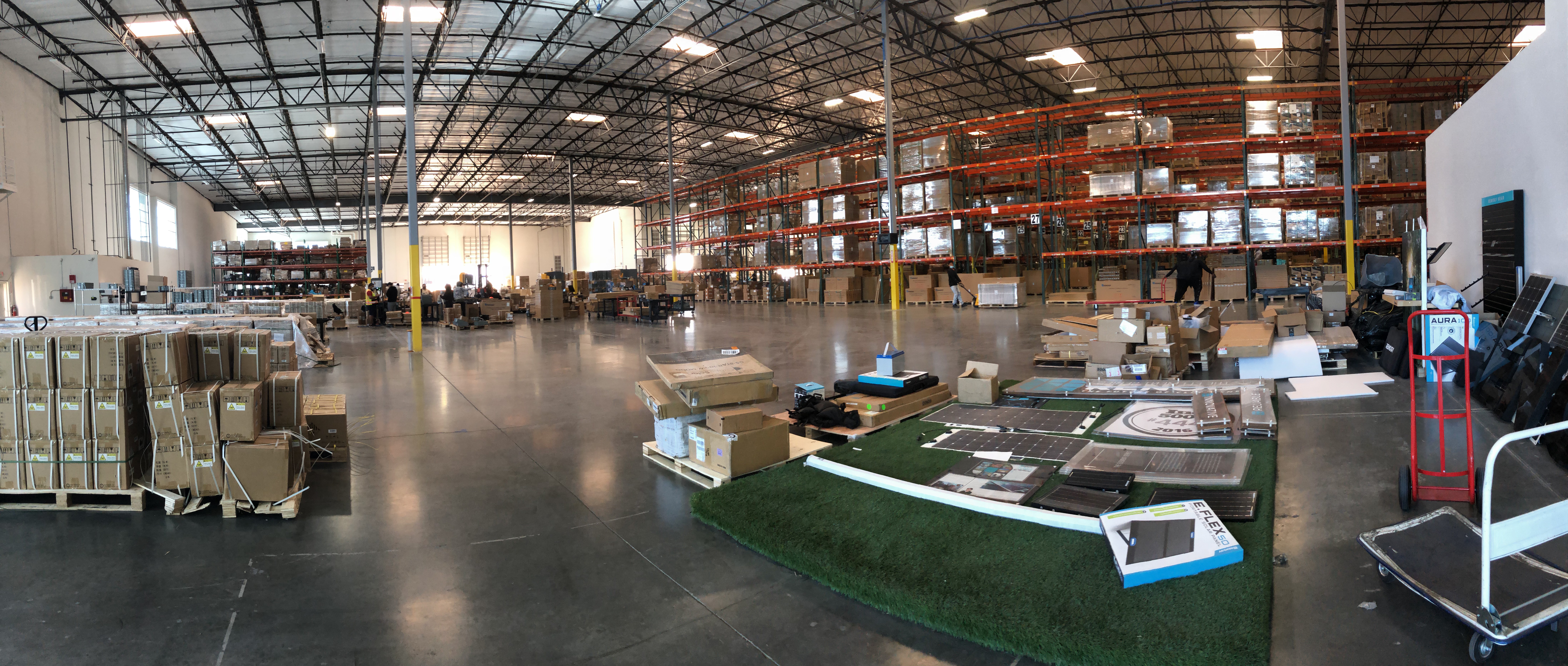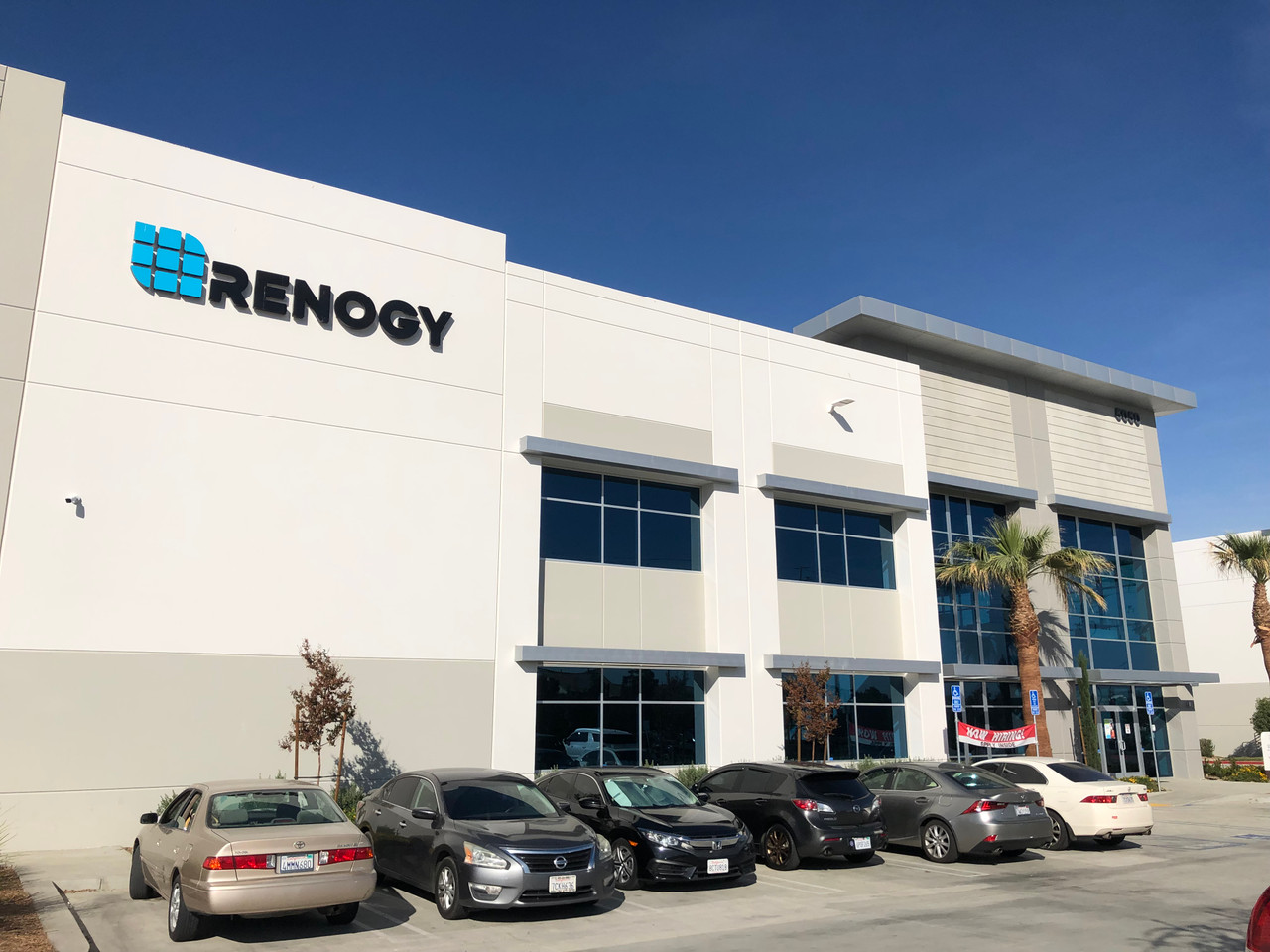How Renogy Came to Life
Renogy was built off the belief that all people should have access to a reliable source of energy. The founder of Renogy, Yi Li, is passionate about creating more economically and environmentally cautious solutions that can be utilized in a variety of circumstances.

Yi has had an interest in science, specifically physics and mathematics, since her primary school years. After obtaining her bachelor’s degree in China, Yi decided to move to the United States and obtain her PhD from Louisiana State University (LSU). With support from LSU’s Business and Technology Center, and the collaboration efforts of several other students, Renogy was formed. Recognizing the opportunities for prosperity in California, Yi made the move from Louisiana to Chino, CA, where the first company warehouse opened in 2010. Renogy now has several warehouses in the United States and is headquartered in Ontario, CA.

Because solar panels and related solar energy-based products are in a relatively niche market, there is often a misconception that solar systems are used in off grid situations only. While that may be mostly true in certain regions of the world, such as the United States, Yi noticed an urgent demand and necessity for energy independence and sustainability in other parts of world. Underprivileged and impoverished communities that have little or no access to electricity are also usually limited in access to education systems and proper health care. With solar energy, opportunities for these communities widen tremendously, access to the internet being one of the biggest accompanying contributors. Even if the opportunity to own solar systems is present, many people still have reservations.
Most solar systems require a professional to set up, which also means additional costs associated with the product. Installation costs can sometimes be 50% of what consumers are paying when setting up their solar systems. Yi wanted to make the products at Renogy more inclusive not only from a financial perspective, but from a practical one as well. To reduce costs and stress of installation, Yi developed and continues to develop products that stem from a ‘do it yourself’ (DIY) mentality, so consumers are able to assemble systems themselves with little to no assistance. Yi strongly believes that Renogy products and products similar in nature are the future, and she wants to empower the energy independence of 50 million people with DIY friendly and reliable renewable energy products by the year 2030. In the upcoming years, Renogy plans to grow market share in other countries, while continuing to develop more effective and cost-efficient devices and systems.










